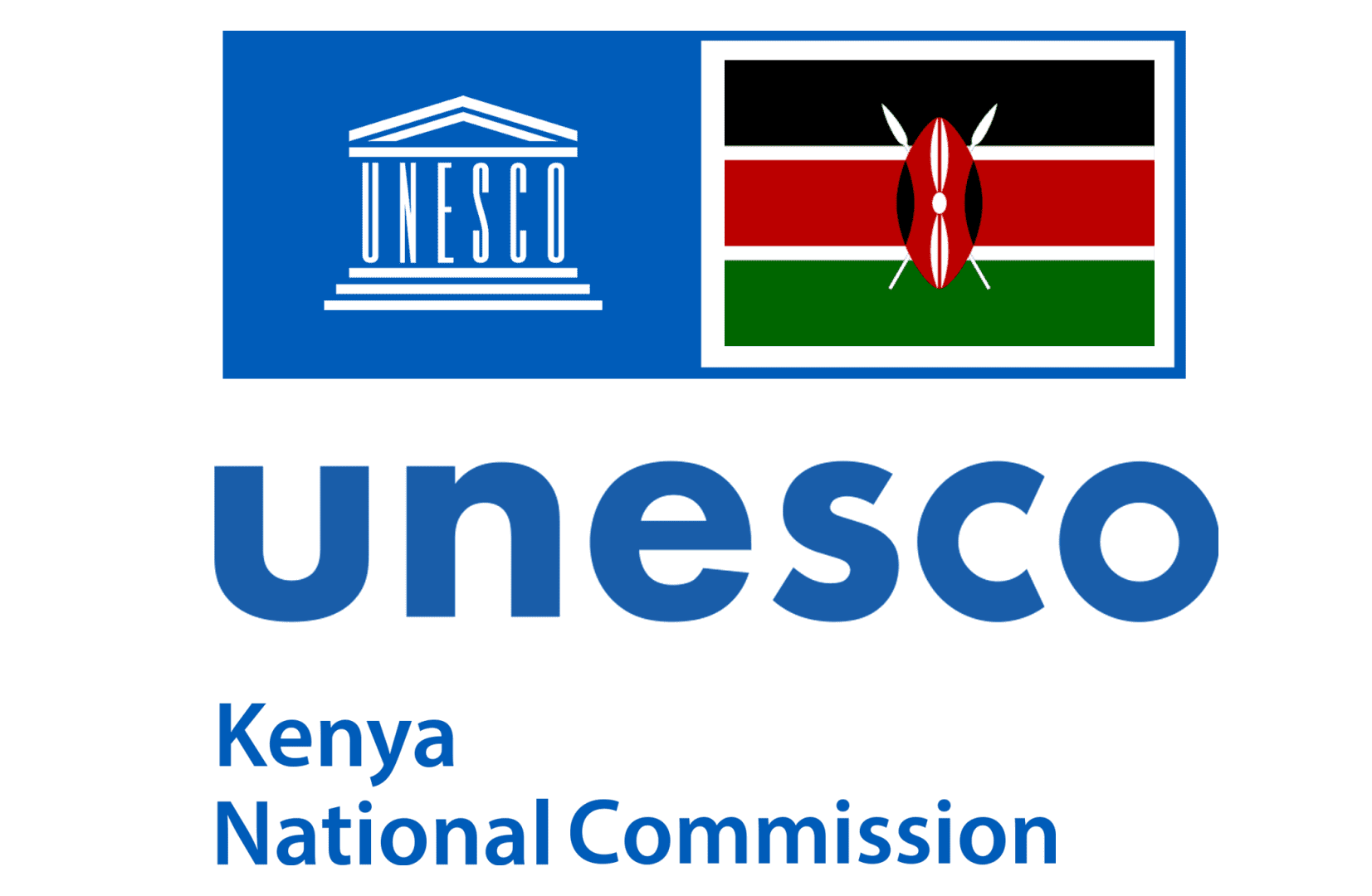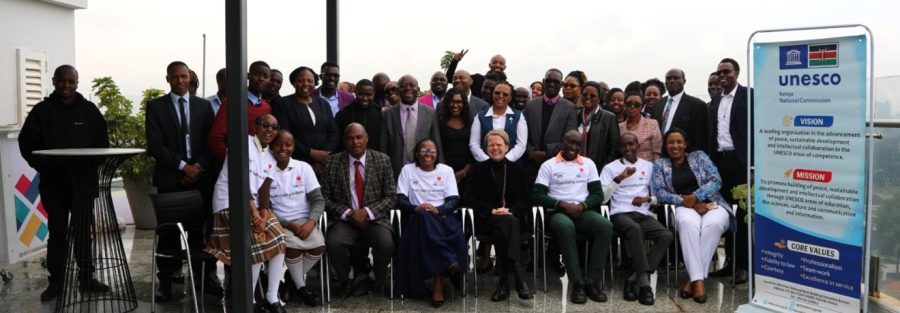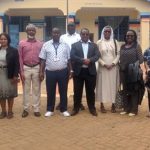Kenya Launches Phase II of UNESCO-CODEMAO Youth Coding Initiative
UNESCO, in collaboration with CODEMAO, launched Phase II of the UNESCO-CODEMAO Youth Coding Initiative in Kenya, On 3rd July 2025. The launch event was held at the Tribe Hotel, Village Market, Nairobi, and marked a major milestone in efforts to strengthen digital literacy among young people across Africa and Asia. This second phase of the initiative, which will run from 2025 to 2030, aims to enhance coding and artificial intelligence (AI) skills among youth and teachers, foster international collaboration in emerging technologies, promote global awareness of AI ethics, and build a sustainable and enabling environment for coding education.
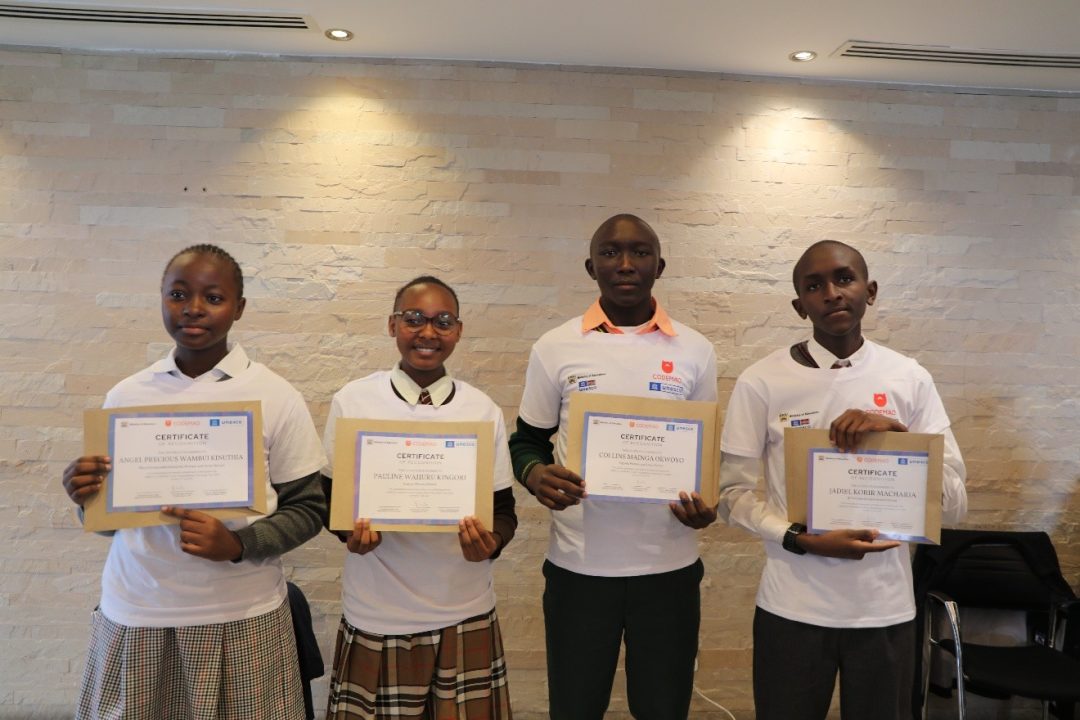
The initiative is being implemented through a strong multi-stakeholder partnership involving the Kenya National Commission for UNESCO (KNATCOM), UNESCO, CODEMAO, the Ministry of Education, and the Teachers Service Commission (TSC). It aligns with Kenya’s Vision 2030, which seeks to transform the country into a globally competitive and prosperous nation. By equipping young people with practical digital skills, the initiative supports innovation, entrepreneurship, and problem-solving capacities critical for the 21st century.
The launch event was marked by several key highlights. A total of 200 OPPO tablets were donated to 20 Junior Secondary Schools located across Nairobi, Kajiado, Machakos, and Kiambu counties, in a move designed to enhance digital learning infrastructure and improve access to technology in the classroom.
Additionally, four students and one teacher were recognized for their outstanding performance and were selected to represent Kenya in the upcoming Asia-Africa Youth AI China Tour. The tour, scheduled for 9th to 16th July 2025 in Shenzhen, China, will involve the creation of AI projects, visits to leading tech companies and future schools, exploration of Smart City innovations, and participation in cultural exchange activities.
Kenya was also acknowledged as the first African country to roll out Phase II of the UNESCO-CODEMAO Youth Coding Initiative, underscoring its leadership in promoting digital education on the continent.
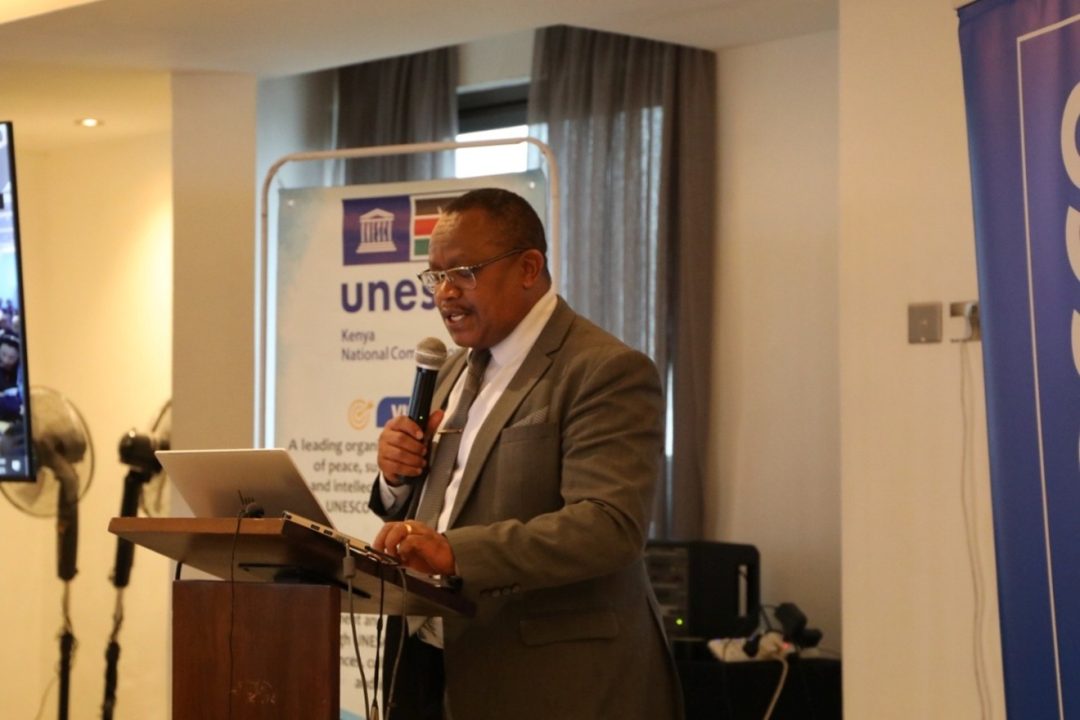
Speaking during the event, Dr. James Njogu, Acting Secretary-General and CEO of KNATCOM, commended the students, teachers, and project partners for their commitment to fostering innovation, critical thinking, and sustainable development. He encouraged the participants travelling to China to be ambassadors of knowledge and to apply their experiences for the benefit of the country. Dr. Njogu also reaffirmed KNATCOM’s commitment to youth empowerment through capacity-building initiatives such as training programs, hackathons, and competitive grants.
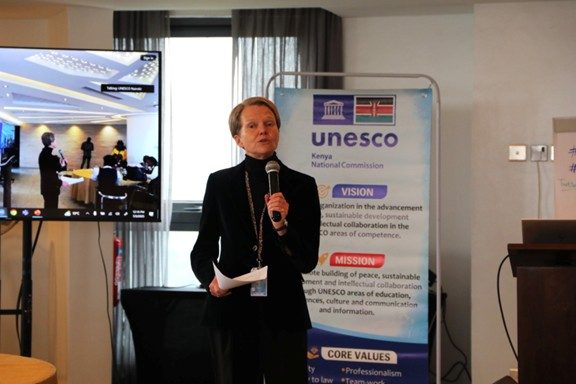
Other speakers who addressed the gathering included student representative Angel Precious, Alice Ng’eno representing the Regional Director of Education Nairobi, CODEMAO CEO and Co-founder Tianchi Li, Dr. Lilian Mwangi on behalf of the Teachers Service Commission CEO, and Mr. Michael Ngacha, who spoke on behalf of the Principal Secretary for Basic Education, Prof. Amb. Julius Bitok.
The launch of Phase II of the Youth Coding Initiative signals a renewed dedication to equipping the next generation with the digital tools, knowledge, and global exposure needed to thrive in a rapidly evolving technological world.
